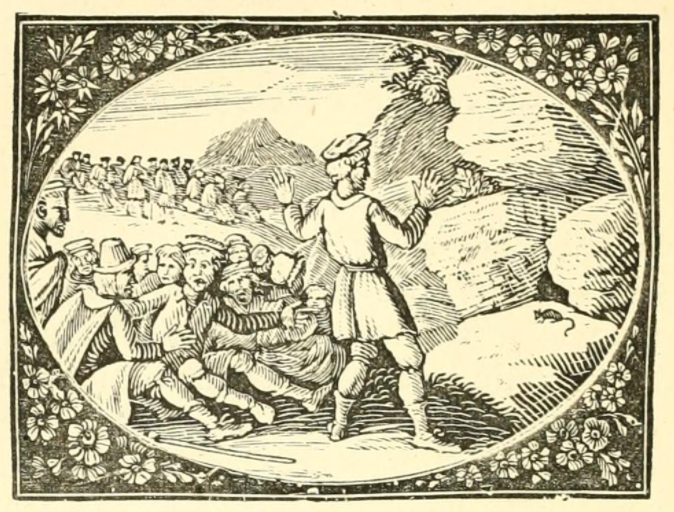I've now added audio to all the posts for the past week; see playlist below, and the audio is also embedded in each post!
Last week I posted some Quia activities for reviewing the eighth week of proverbs and vocabulary, plus noun and verb forms review; see the first week's review post for an explanation of how to use Quia activities, and you can find all my Quia materials here.
This week, I created the same activities for the Week 9 proverbs: Proverbs, Vocabulary, Vocabulary with Parts, plus Verb Practice and Noun Practice.
Here's the updated widget showing a random proverb, and I've also updated the alphabetical index of all the proverbs so far (270!).
If you want to review this week's posts, here they are: #49 - #50 - #51 - #52 - #53 - #54. You can also listen to the audio for each group at SoundCloud (I'm still working on filling in the audio for the earlier weeks):
Finally, here is the list of all of this week's proverbs, alphabetized and linked back to the blog post so that you can access the English translation and commentary as needed. Enjoy!
- Ἀγαθὴ σοφία ὑπὲρ σκεύη πολέμου.
- Ἀγαμέμνονος θυσία.
- Ἀγαπήσεις τὸν πλησίον σου ὡς σεαυτόν.
- Ἅμ᾽ ἔπος, ἅμ᾽ ἔργον.
- Ἀπολύετε, καὶ ἀπολυθήσεσθε.
- Γενεὰ πορεύεται καὶ γενεὰ ἔρχεται.
- Γόνυ κνήμης ἔγγιον.
- Ἐγὼ γὰρ εἰμὶ τῶν ἐμῶν ἐμὸς μόνος.
- Ἔνεστι κἀν μύρμηκι χολή.
- Θησαυρός ἐστι τοῦ βίου τὰ πράγματα.
- Κορώνη γράμμα κομίζει.
- Λεγιὼν ὄνομά μοι, ὅτι πολλοί ἐσμεν.
- Μὴ φοβοῦ, μόνον πίστευε.
- Ὁ μισθὸς ὑμῶν πολὺς ἐν τῷ οὐρανῷ.
- Ὁ ὀρύσσων βόθρον ἐν αὐτῷ ἐμπεσεῖται.
- Οἷ γ᾽ αὐτῷ κακὰ τεύχει ἀνὴρ ἄλλῳ κακὰ τεύχων.
- Οἶνον νέον εἰς ἀσκοὺς καινούς.
- Οὐδὲν σιωπῆς ἔστι χρησιμώτερον.
- Παντὶ αἰτοῦντί σε δίδου.
- Προφάσεως δεῖται μόνον ἡ πονηρία.
- Τὰ ἐλάχιστα ληπτέον τῶν κακῶν.
- Τὰς δεσποίνας αἱ κύνες μιμούμεναι.
- Τὴν αὑτοῦ σκιὰν δέδοικεν.
- Τί δειλοί ἐστε; Οὔπω ἔχετε πίστιν;
- Τί ἡ γενεὰ αὕτη ζητεῖ σημεῖον;
- Τὸ πεπρωμένον φυγεῖν ἀδύνατον.
- Τοῖς πλουσίοις πολλὰ παραμύθια.
- Ὕπαγε ὀπίσω μου, Σατανᾶ.
- Ψυχῆς εἰκὼν ὁ λόγος ἐστίν.
- Ὤδινεν ὄρος, εἶτα μῦν ἀπέτεκεν.
%20(1).jpg)
_-_Napoli_MAN_9112_-_01.jpg)









